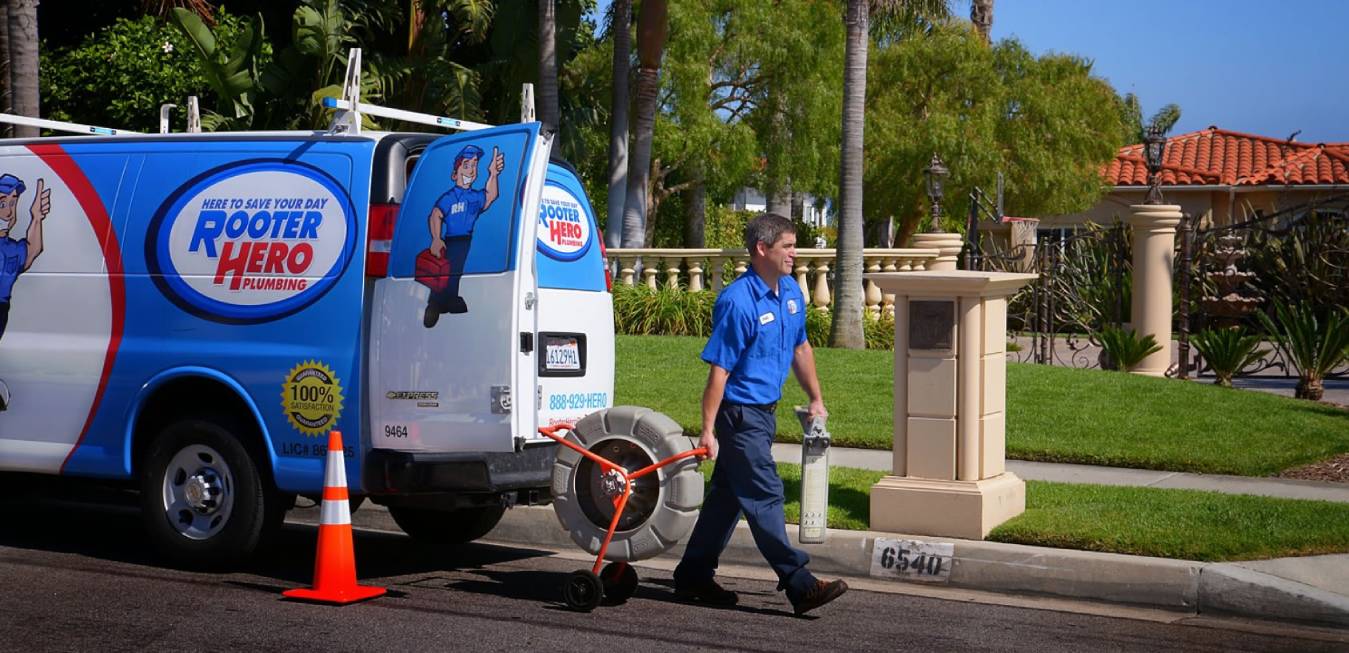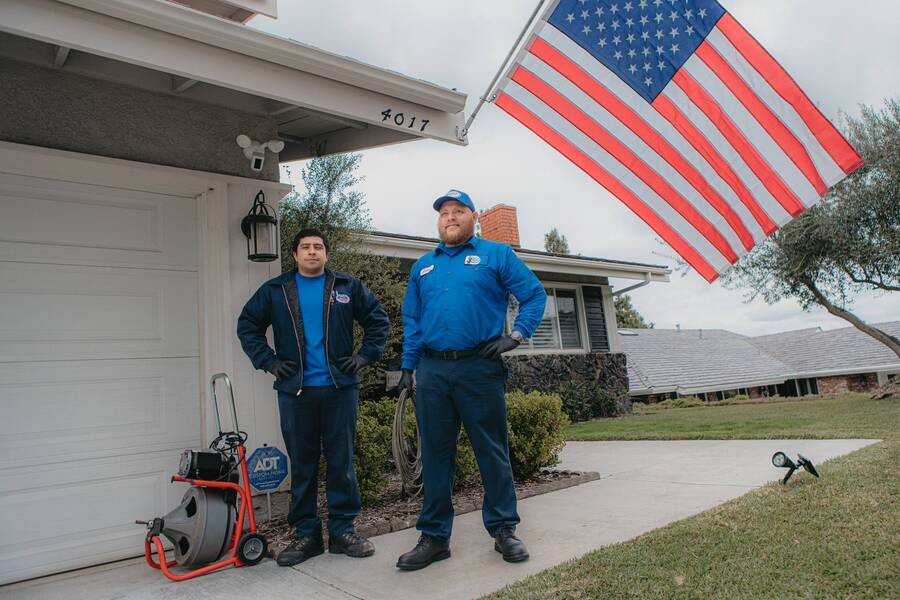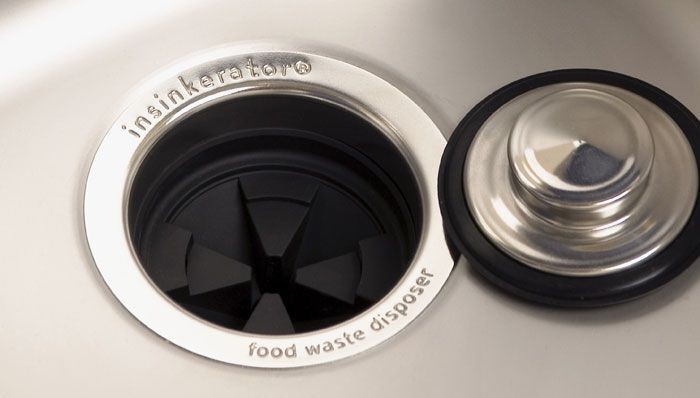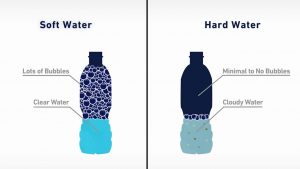
The Effects of Hard Water On Your Plumbing
You have probably heard of the term hard water before. Maybe you have hard water, or have visited a place that has hard water before. If you are familiar with it, you know of it’s unpleasant effects. Hard water can be bad for your skin, hair, and taste really bad. In addition, it can also interfere with the effectiveness of your soaps and detergents leaving clothes dingy, and dishes stained with mineral deposits. But that isn’t all, hard water can also have an effect on your plumbing. Here are the effects of hard water on your plumbing. 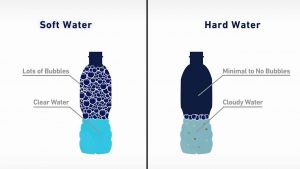
What Causes Hard Water
First and foremost, before we get into the effects of hard water on your plumbing, let's take a look at what causes hard water. Hard water is the result of mineral deposits, usually calcium and magnesium. In areas that have high mineral deposits, the minerals naturally absorb into the water supply from the ground. While hard water doesn’t necessarily cause any harm, it can be problematic in several ways.
Mineral Deposits In Your Pipes
The problem with mineral deposits in your water is that they leave a residue or sediment behind. This residue can build up over time, restricting the flow of water. This can affect your water pressure and drainage, which can be really annoying. Water lines can be a bit tricky to deal with, chemicals that would otherwise eat away the buildup are not safe for consumption. A vinegar flush can be effective, however it takes a lot of vinegar and needs to sit for 24 hours. The best bet is to replace your pipes with PEX plastic pipes, however this can be a costly endeavor. 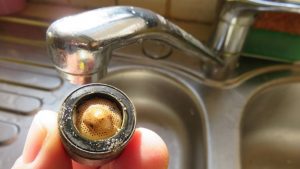 Hard water can also cause drainage issues. The mineral deposits interfere with the reaction of soap, which can create a nastly sludge that can clog your drains. Regular drain cleaning can help, but to get to the root of the problem, a water softener is best.
Hard water can also cause drainage issues. The mineral deposits interfere with the reaction of soap, which can create a nastly sludge that can clog your drains. Regular drain cleaning can help, but to get to the root of the problem, a water softener is best.
Mineral Deposits On Your Plumbing Fixtures
Another effect of hard water on your plumbing is the mineral deposits on your plumbing fixtures. The crud that builds up around your faucet, showerhead, and the ring around your toilet. It can be quite an eyesore, and conventional cleaning will do nothing to alleviate it. To get rid of mineral stains, you can try soaking your plumbing fixtures in vinegar for 24 hours. For faucets, soak a washcloth in some vinegar and wrap it around your faucet. Shower heads can be soaked in a bag of vinegar. To clean the ring around your toilet, pour undiluted vinegar into the bowl, and let it soak for a couple of hours, then scrub.
Sediment Buildup Inside Your Water Heater
Both tank storage and tankless water heaters are susceptible to sediment buildup. Mineral deposits can collect inside of your tank and on the pipes inside of your water heater. Inside of a tank storage water heater, it can discolor the water and even form a solid mass that rumbles around inside of the tank, which can eventually cause damage to the tank. In a tankless water heater, mineral buildup can obstruct the flow of water making your water heater less effective and efficient. Regular maintenance is a must for both types of water heaters. This includes draining and flushing for both. This helps remove sediment which helps your water heater work more efficiently, effectively, and last longer. 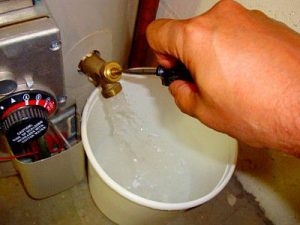
Hard Water Affects Your Appliances As Well
The effects of hard water does not stop at your plumbing either, it can also damage your appliances. Appliances in areas that are prone to hard water last almost half as long as appliances in areas that don’t have hard water. If you live in an area with hard water, chances are your are paying more in operating costs, more in repairs, and more to replace your appliances more frequently. The best defense against the effects of hard water on your plumbing is to install a water softener and stay up to date on your plumbing maintenance. To learn more about the effects of hard water on your plumbing or to schedule an appointment contact Rooter Hero today!
Related Articles Signs You May Have a Damaged Sewer Line The Effect of Heavy Rain on Your Plumbing What Liquids Should You NOT Pour Down The Drain



